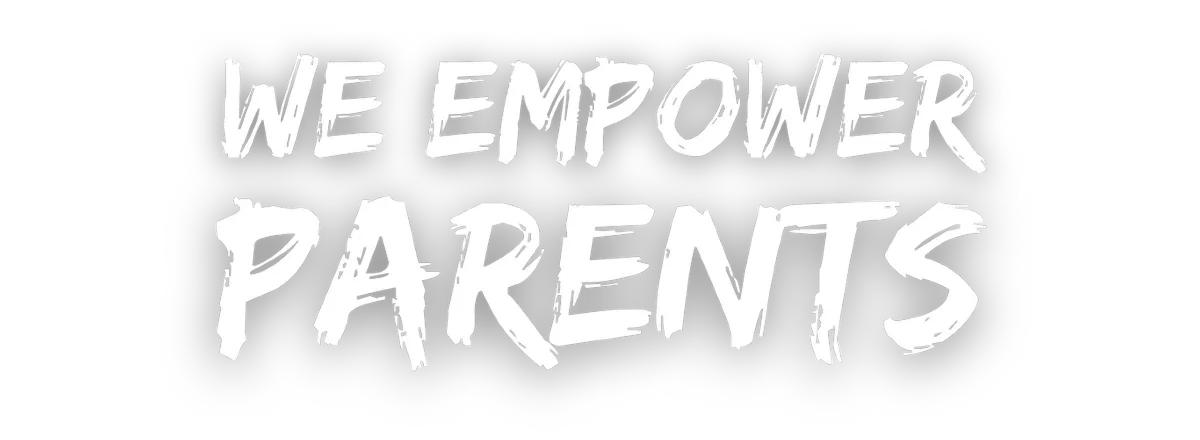
Want to help out with our cause? Let us know by filling out the form below. Make sure to let us know how you can contribute or help.
Request To Volunteer Now

Parents Need To Know: Sexual Harassment and Assault Awareness

Rachel Caldwell, Power2Parent
*Warning: This article contains sensitive content.
When I was a senior in high school, I worked as a host at a local beachside restaurant. My first blatant experience with sexual harassment occurred there. A manager slapped my backside in front of other coworkers as he was passing by the host stand.
I remember being completely shocked and utterly paralyzed by what had taken place. As a 17-year-old, I had never been harassed in that manner and did not know what to do. This male manager was at least 18 years older than me. The result: I did nothing to address it or stand up for myself.
According to an infographic by the National Sexual Violence Resource Center, 56 percent of girls and 40 percent of boys in grades 7-12 have been sexually harassed.
Children with disabilities are 1.74 times likelier to be victimized than their able-bodied peers.
Fifteen to forty-four percent of all sexual assaults occur in the victim’s school, 10-31 percent occur in the victim’s home, and 24 percent occur in the victim’s neighborhood, based on the findings included in the infographic.
The data also shows that potential impacts to teens who have experienced sexual violence can be severe and include low self-esteem, post-traumatic stress disorder, depression, anxiety, eating disorders, substance abuse, and suicidal ideations as well as attempts.
In light of these sobering statistics, it is critical that parents teach their children how to respond to sexual harassment so that if and when it happens, they are prepared to handle it.
In “What Parents Can Do To Stop Sexual Harrassment” published on the Harvard Graduate School of Education website, the authors list six ways to prevent sexual harassment. Here’s a brief synopsis of their guidelines:
Define the problem.
Provide concrete examples of what constitutes sexual harassment and sexual violence. Teach your teen to recognize these behaviors based on the examples provided.
Step in when you hear a sexually degrading or sexist comment from your children or their peers.
When adults/authority figures do not step in, oftentimes their passivity is noted and teens lose respect for the individuals charged to teach them. Modeling appropriate behavior and challenging inappropriate behavior is the role of the authority figure.
Teach your child to be a critical consumer of media and culture.
Help teens become aware of the sexual content rampant within culture. By identifying inappropriate content in songs, shows, video games and movies, authority figures help to cultivate thoughtful, critical teen consumers.
Talk to your child about what they should do if they are sexually harassed or degraded.
Discuss if your teen has been a victim of sexual harassment to this point. How did he/she handle the incident?
Roleplay various scenarios with your teens, asking them how they would feel at each stage of the encounter. Ask them if they would be comfortable bringing the issue to various trusted authority figures in their lives.
Encourage and expect upstanding behavior.
Have high ethical expectations for your teen, and make sure those expectations are communicated clearly. Teach them to not only stand up for themselves but to stand up for their peers as well.
Provide multiple sources of recognition and self-worth.
Teach your teen to know their worth outside of peer validation and physical/romantic validation. Encourage activities that build confidence outside of those contexts.

contact

Copyright 2023 Power2Parent We are a 501c3 organization. Your donations are tax deductible. For more information or questions contact us.
